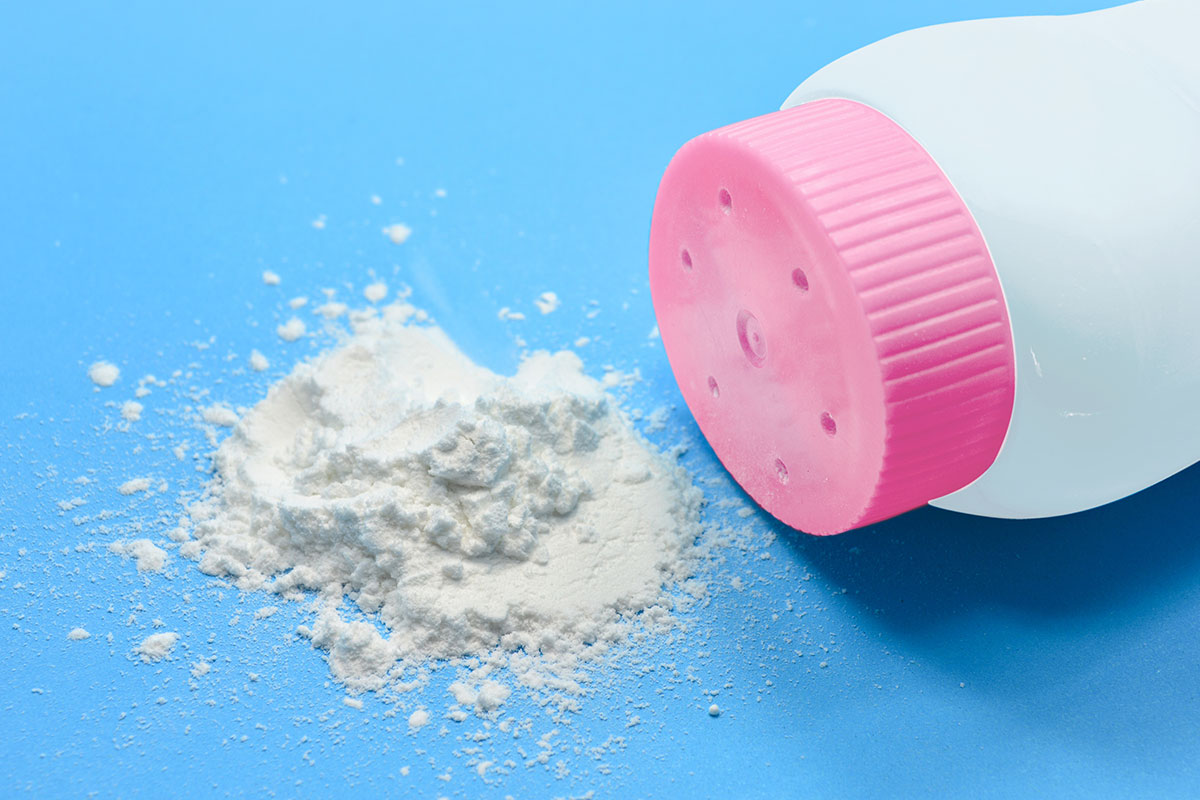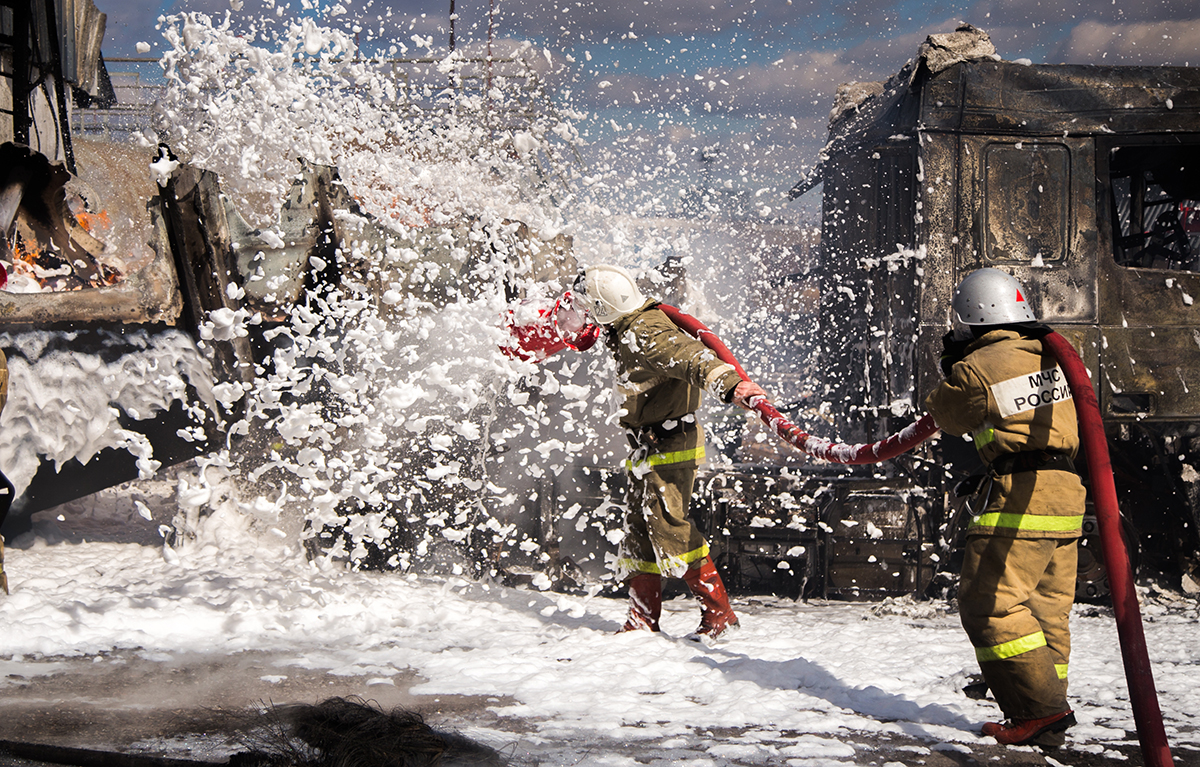According to Johnson & Johnson, new tests on Johnson’s Baby Powder show that the product is free of asbestos. Trace amounts had been found previously, as reported by the US Food and Drug Administration (FDA).
Testing for Asbestos
A test conducted by the FDA earlier had shown indications of asbestos being present in the powder. In response, the manufacturer recalled a single lot of the baby powder back in October. Since then, Johnson & Johnson has conducted 155 tests using two third-party labs and four testing methods. The samples were from the same bottle used in the FDA tests.
The manufacturer had already responded to the FDA findings by conducting a small test in October which showed no asbestos findings. However, the DFA stood by its results. Officials did say that the difference in tests could be the result of contaminants not being uniform in the product. They also admitted there is no standardized testing to detect asbestos in talc.
The tests that were done by the third-party labs showed no asbestos in the bottle or in any samples of the rest of the lot from which the bottle came. The manufacturer suggested that the FDA results were from contamination or a lab error.
About 33,000 bottles of the product were recalled in the US in October after the FDA results were noted. This was a voluntary recall by Johnson & Johnson and the first time for such a recall. However, it’s not the first time the company has faced accusations that the products cause health issues, including cancer.
Mesothelioma
Asbestos is a known carcinogen, which means it’s likely to cause cancer. In this case, it is mesothelioma, which is a deadly type of cancer that acts fast and is aggressive.
Mesothelioma results from the asbestos fibers getting into the lungs. Over time, continued exposure to asbestos causes the fibers to build up in the lungs. Mesothelioma is a cancer of the lining around the lungs or abdomen as well as other organs.
This is a rare type of cancer that has fewer than 20,000 new cases diagnosed each year. Treatments are available, but they only manage the condition rather than curing it. A person can live for several years with mesothelioma while some have had much longer lifespans after the diagnosis.
Common symptoms of mesothelioma include coughing and pain in the chest. The person may be short of breath and often loses weight. Several options for treatment exist, but the cancer metastasizes quickly. Chemotherapy may be an option as well as radiation. Surgery and other medical procedures may be recommended, but they only help with the condition rather than removing the cancer.
When mesothelioma is caused by exposure to asbestos, it happens over a longer period. Products that contain the material can release it into the environment where the person will inhale it. Slowly, enough of the asbestos will accumulate in the lungs to cause a problem. Because of it being a carcinogen, asbestos is banned from products in the US.

































